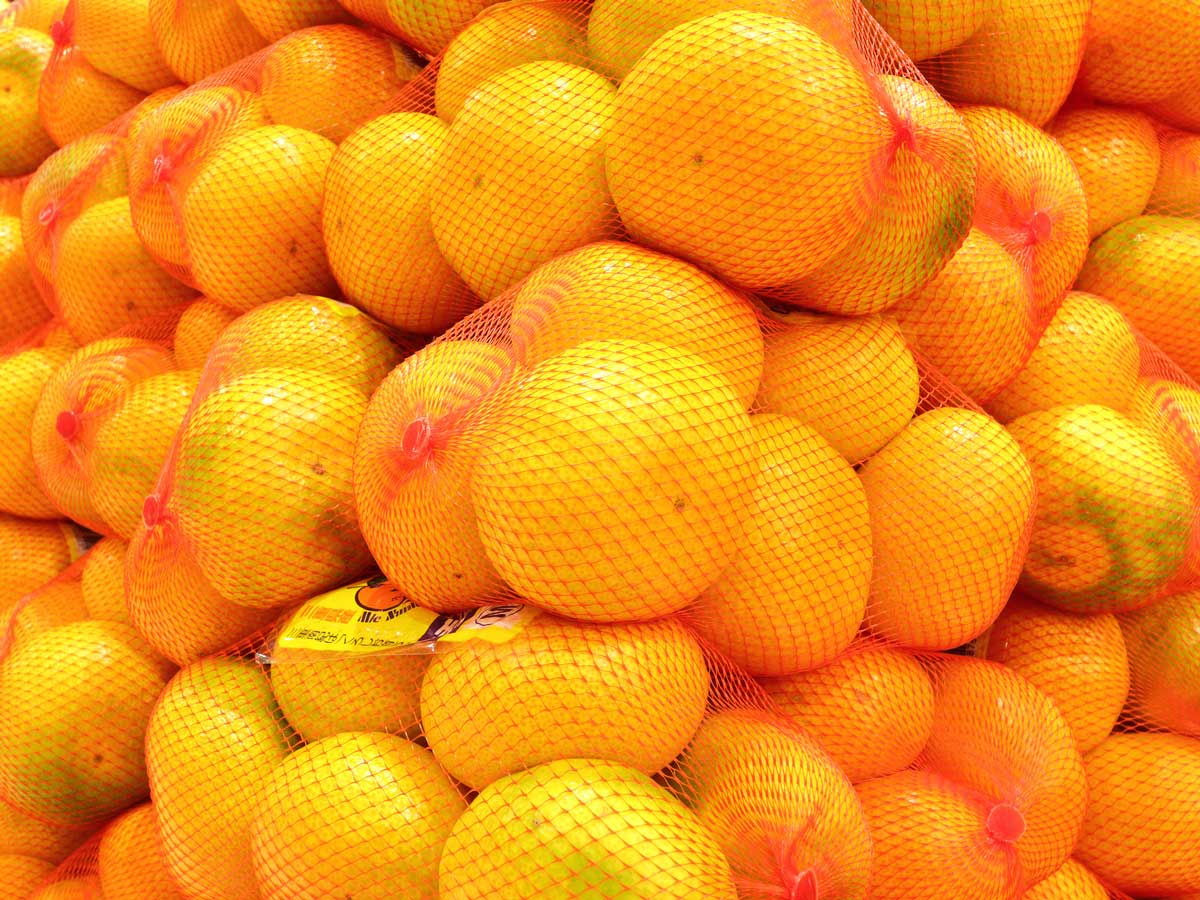
Image used for illustrative purposes
You may be picking out the wrong mandarin oranges! How to find the sweetest mikan
- Tags:
- Fruit / lifehacks / Mandarin oranges / mikan
Related Article
-

Can’t Afford The Real Deal? These 10 Lifehacks Are For Anyone In A Pinch!
-
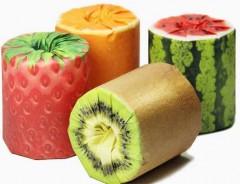
Fruit Roll-Ups For Your Bathroom: Japanese Fruit Roll Toilet Paper
-

This lifehack could be the smartest way to freeze and store bananas
-
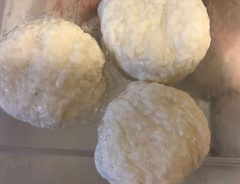
Game-changing recipe for frozen rice balls makes making onigiri a piece of meaty cake
-
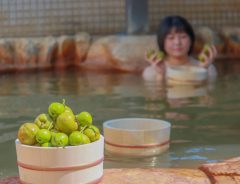
Take a dip in a bath full of pears to tackle heat rash and food wastage
-
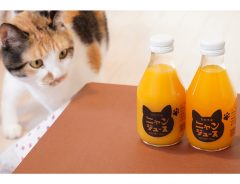
Japanese organizations battle food loss and save cats with delicious mikan “Meow Juice”


Mikan (mandarin oranges) are a winter favorite in Japan. As the weather gets colder, you'll find many families gathering around the comforting warmth of a kotatsu and eating juicy mikan as a bit of a communal tradition, but also because they're very tasty and thought to help prevent catching a cold. As early as October, you'll find supermarkets and fruit and veggie stands putting out huge mikan displays to mark the beginning of mandarin orange season in Japan.
Source: @tetsublogorg
Sweet mikan are regarded as the best in Japan, but it seems that a lot of people seem to view getting a sweet one as luck of the draw. Tetsu (@tetsublogorg) a produce manager at a supermarket who often shares helpful fruit and veggie advice on Twitter (like how to unlock the flavor of cucumbers) has stepped in with a tip that many mikan lovers are praising as a game-changing life-saver, however.
Often when searching out mikan many people will often look for the biggest one they can, because hey, bigger is better, right? They must be more plump, juicy, and more bang for your buck. According to Tetsu that's the wrong line of thinking, though. As it turns out, smaller mikan deliver the best taste.
"To people who want to eat sweet mikan...
Please pick the smaller ones!
Please pick the smaller ones!
Please pick the smaller ones!
Smaller mikans are the sweetest ones.
On the contrary, larger mikan have more water content and tend to not taste as good.
Also, the ones that are darker in color and have smaller stems are more delicious too!
Please refer to this advice when shopping."
The post has sent ripples through the sea of mikan fans on Twitter, with many wondering if they've been doing it wrong the entire time, and other mikan connoisseurs reaffirming that "smaller is sweeter." While you can obviously prefer less sweet mikan and there's no reason to let one go to waste just because it's big, it seems that those seeking a tart but sweet finish from a mikan should search out the smaller ones that may not catch their eye immediately!